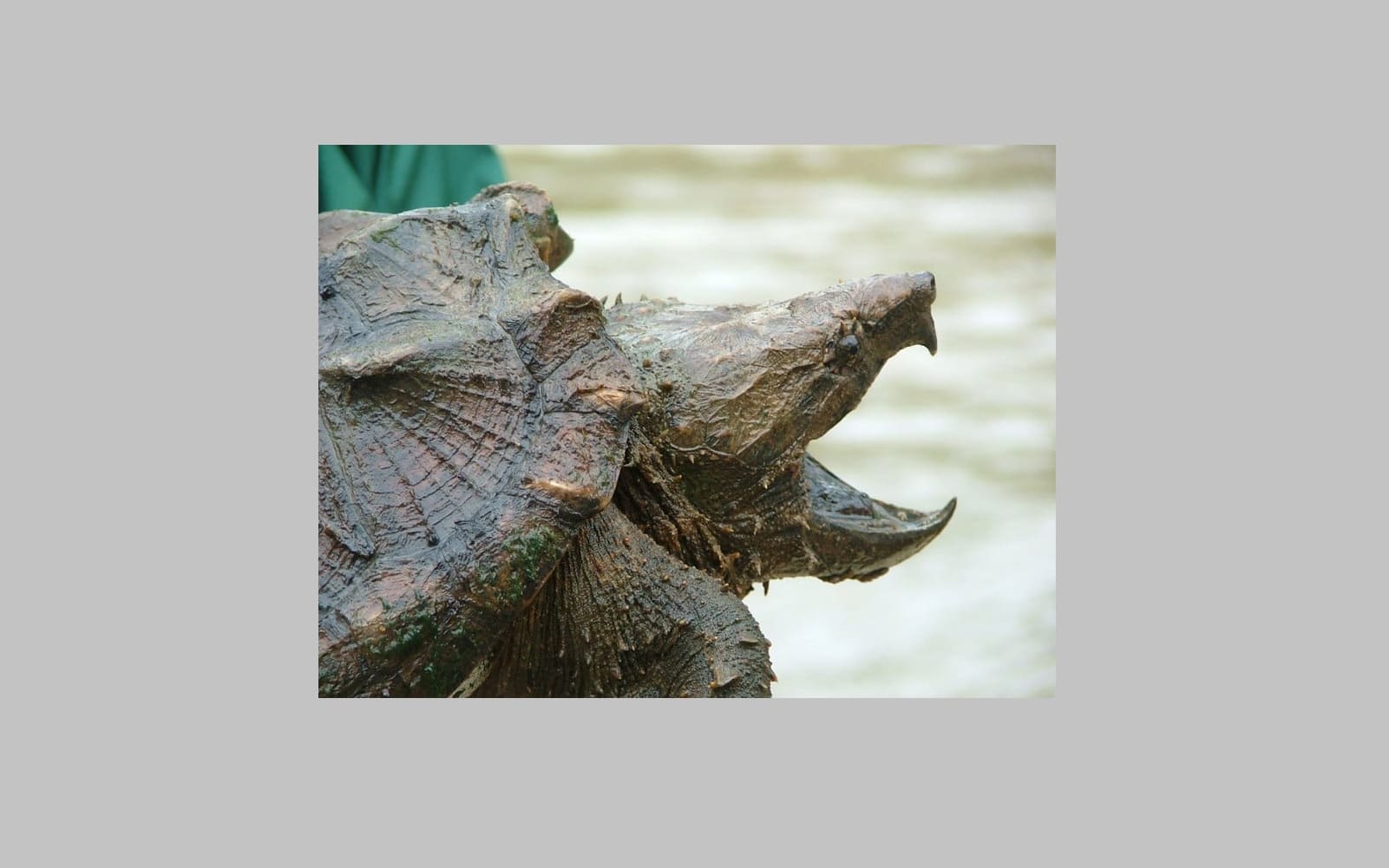(CN) — Environmentalists filed a lawsuit Tuesday to force the Biden administration to act and protect 12 plants and animals under the Endangered Species Act.
Citizens or organizations can file petitions for protections when they feel species are at risk of going extinct. The U.S. Fish and Wildlife Service has 90 days to make an initial finding on whether the petition is warranted. Subsequently, the service has a one-year deadline to make a final decision, according to Krista Kemppinen of the plaintiff Center for Biological Diversity, based in Tucson, Arizona.
Species listed in the lawsuit that the center wants protected include the alligator snapping turtle and the Suwannee alligator snapping turtle and two fish, the least chub, in Utah’s Bonneville Basin, and the Fish Lake Valley tui chub, found in just one spring system in Nevada’s Fish Lake Valley, in Esmeralda County.
“The service must follow through with its proposal to protect these fierce and imperiled turtles,” said Elise Bennett, Florida director at the center. “These incredible creatures lose ground in the fight against extinction each day that protections are delayed. The Endangered Species Act works, but only once those protections are in place.”
Despite finding these imperiled turtles deserve protection under the Endangered Species Act, the agency failed to finalize those protections for more than a year — leading to Tuesday’s litigation, Bennett said.
Alligator snapping turtles are enormous, prehistoric-looking reptiles that can grow to 200 pounds and can live almost 100 years. These slow-moving, largely sedentary behemoths spend so much of their time sitting on river bottoms waiting for food that algae grows thick on their shells. They use a wormlike lure on their tongues to capture prey. The turtles have no natural enemies.
Early in the 20th century alligator snapping turtles were plentiful in U.S. river systems draining into the Gulf of Mexico, from the waterways and lakes of the upper Midwest to the swamps and bayous of Florida, Louisiana and Texas. But recent population surveys show the turtles have likely vanished in Iowa, Illinois, Kentucky, Missouri and Tennessee.
Their populations have declined by up to 95% over much of their historic range due to overharvesting and unchecked habitat degradation. The turtles are also easy prey for hunters that feed thriving world markets for the exhibition and consumption of the turtles.
“They failed to make that decision in a timely manner, which is why we’re filing the lawsuit,” Kemppinen said. “The aim of that lawsuit is to decide as soon as possible whether or not they are going to protect the species.”
Imperiling the least chub is the proposed Pine Valley Water Supply Project to support human population growth in Cedar City, Utah. The project would pump billions of gallons of groundwater from Utah’s West Desert, threatening springs the chubs depend on.
Besides groundwater pumping for agriculture, the Fish Lake Valley tui chub faces threats from lithium mining and geothermal development, Kemppinen said.
There are 1 million species threatened with extinction in the world, according to Kemppinen. In the United States, 34% of plants and 40% of animals are threatened, she said.
She called the effort to preserve the ecosystem “incredibly important.” The loss of one species can hurt other species, Kemppinen said. And an unhealthy environment can have a disruptive effect on humans, she said.
Other species the suit seeks to protect include the Pearl River map turtle; Wright’s Marsh thistle; bracted twistflower; round hickorynut; Big Creek crayfish; St. Francis River crayfish; slickspot peppergrass; and the Barrens topminnow.
Subscribe to Closing Arguments
Sign up for new weekly newsletter Closing Arguments to get the latest about ongoing trials, major litigation and hot cases and rulings in courthouses around the U.S. and the world.









